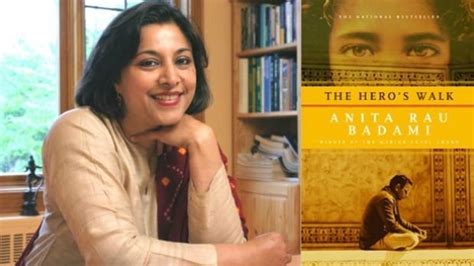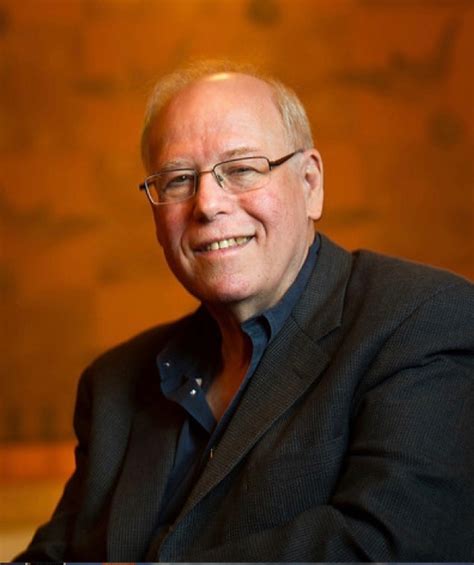A Quote by Karl Ove Knausgard
When I wrote my first novel - I was nineteen - I did it very quickly. If you write fast, you feel like you're entering something not yet familiar - a world rather than thoughts about the world.
Related Quotes
I've never known a writer who didn't feel ill at ease in the world. We all feel unhoused in some sense. That's part of why we write. We feel we don't fit in, that this world is not our world, that though we may move in it, we're not of it. You don't need to write a novel if you feel at home in the world.
I finished my first novel - it was around 300 pages long - when I was 16. Wrote one more before I got out of high school, then wrote the first Lincoln Perry novel when I was 19. It didn't sell, but I liked the character and I knew the world so I tried what was, in my mind, a sequel. Wrote that when I was 20, and that one made it.
If someone does learn about the world from reading a novel of mine, that makes me very happy. It's probably not what brings me into the novel in the first place - I usually am pulled in by some big question about the world and human nature that I'm not going to resolve in the course of the novel. But I'm very devoted to getting my facts straight.
Monkey Beach is a moody, powerful novel full of memorable characters. Reading it was like entering a pool of emerald water to discover a haunted world shivering with loss and love, regret and sorrow, where the spirit world is as real as the human. I was sucked into it with the very first sentence and when I left, it was with a feeling of immense reluctance.
But I'm not a small-literary-novel kind of guy, and once I'd developed the world in the first couple of hundred pages, I felt that there was potential here to go on and write an engaging story set in that world. So that's what I did. This probably ruins things both for the people who want small literary novels and for those who want action-packed epics, but anyway, it's what I wrote.
When I was fifteen I wrote seven hundred pages of an incredibly bad novel - it's a very funny book I still like a lot. Then, when I was nineteen I wrote a couple hundred pages of another novel, which wasn't very good either. I was still determined to be a writer. And since I was a writer, and here I was twenty-nine years old and I wasn't a very good poet and I wasn't a very good novelist, I thought I would try writing a play, which seems to have worked out a little better.
When I wrote my first film and then directed it and I looked at it for the first time on what's called an assembly, you look at this movie which is every scene you wrote, every line of dialogue you wrote and you want to kill yourself the minute you see it. It's like, 'How did I write something so horrible?'
Anthropological fieldwork is so much like writing a novel. Granted, you don't have the physical disruption and disorientation, but writing a novel is like entering a new culture. You don't know what the hell is going on. And every day you feel like you have nothing, you're going nowhere. Or you feel that first it's going somewhere, but then you get into that horrible middle part.
Yes. To write a novel is to risk my sanity. The deeper I get into the suffering and conflict of the characters, into the very situations and thoughts and feelings that make the novel worthwhile, the worse I feel, and the more likely I am to be severely depressed when the book is finished. There is no avoiding this: it is the result of attempting to tell all you know, to reach for the stars, to write what matters.
I knew that the world was a harsh place, and my family was a mess, and even though I danced as fast as I could, I did not feel welcome, did not feel the great Shalom. THIS WORLD WAS NEVER A GOOD MATCH FOR ME. But my belief was that there was a loving magical energy in the world - seen in Nature's beauty and awesomeness, my best girl and women friends, art, music.
So, how can we live in joy - and how can we know that we're supposed to live in joy the way people tell us to - when we're believing thoughts that bring on sadness and frustration and anger and alienation and loneliness? When we're believing those thoughts, we think that's the world, rather than what we're believing about the world. We're like lost little children.



































